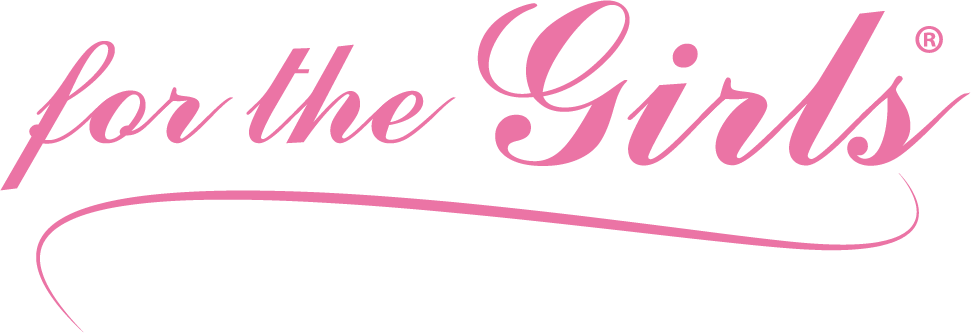About 13% or 1 in 8 U.S. women will develop invasive breast cancer over the course of a lifetime. Approximately 85% of breast cancers occur in women who have no family history of breast cancer. These occur due to genetic mutations that happen as a result of the aging process and life in general, rather than inherited mutations.
As you might imagine, there are countless questions to be asked, so here are some of the most common questions regarding breast cancer:
Q: Does finding a lump in your breast mean you have breast cancer?
A: Only a small percentage of lumps turn out to be breast cancer, but if you discover a lump it should not be ignored. See your physician for a clinical breast exam. Be sure to conduct your own monthly self-examination to stay on top of any changes that may occur.
Q: Can exercise help reduce the risk of breast cancer:
A: Yes! “More than 60 studies have shown physical activity reduces breast-cancer risk,” says Leslie Bernstein, Ph.D., director of the division of cancer etiology at City of Hope National Medical Center/Beckman Research Institute. “In fact, exercising three or more hours per week could reduce your risk by 20 to 30 percent.”
Q: Is breast pain a sign of breast cancer?
A: Breast pain is not commonly a symptom of breast cancer. There are several causes of breast pain or tenderness mostly related to hormone levels, menopause, childbirth, puberty, a benign cyst or breast abscess.
Q: Can a healthy diet prevent breast cancer?
A: A diet rich in whole fruits and vegetables, lean protein and healthy fats can make your body the healthiest it can be, boost your immune system, and help keep your risk for breast cancer as low as possible. No food or diet can completely prevent you from getting breast cancer, but keeping processed foods to a minimum can make a significant difference, including fast food, fried food, white flour, white sugar, white rice, processed meats, “convenience” foods, and foods high in sugar.
Q: Does stress have an impact on breast cancer?
A: Research suggests long-term stress might open the door to breast cancer by increasing blood flow to tumors, triggering hormones that encourage tumor growth, and sending your body into a state of constant inflammation. Need yet one more reason to chill? Chronic stress may increase the growth and spread of one of the most deadly forms of breast cancer—”triple negative”—for which there is no proven treatment. Learning coping mechanisms to manage stress is always recommended.
Q: Can drinking alcohol increase the risk of breast cancer?
A: Drinking even small amounts of alcohol is linked with an increased risk. Alcohol can raise estrogen levels in the body, which may explain some of the enhanced risk. Moderation is key, so keeping to one drink per day is preferable.
Q: Does smoking cause breast cancer?
A: Smoking is associated with a confirmed risk factor of breast cancer, especially in women who started smoking during adolescence or who have a family history of the disease. Additionally, second hand smoke is also a risk factor.
Sources:
https://www.nationalbreastcancer.org/breast-cancer-faqs/
https://www.womenshealthmag.com/health/a19950359/breast-cancer-faqs/

